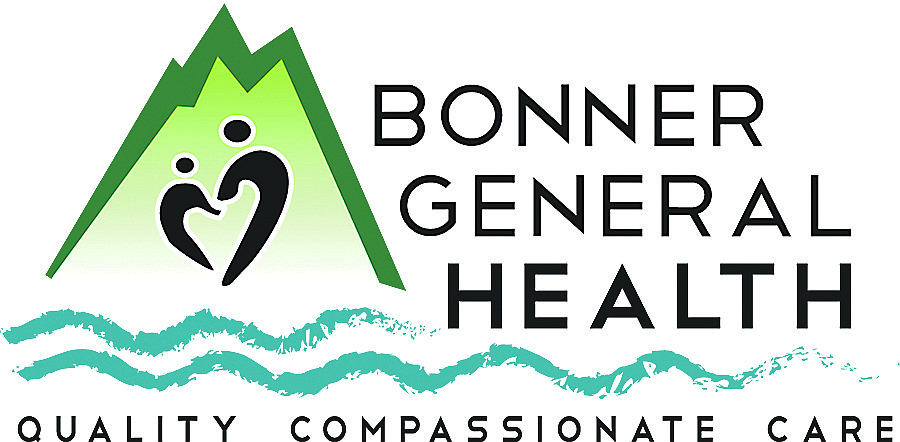Number of babies born with syphilis is surging
Over ten times as many babies were born with congenital syphilis (CS) in 2022 than in 2012. Think about that for a minute. Then know that nine out of ten of those cases could have been prevented. An article published by the Centers for Disease Control and Prevention on December 14 of last year goes on to say that two in five women who gave birth to babies with CS didn’t seek any prenatal care. Therefore, the problem?
We all know that people who are sexually active can get syphilis. It’s a common, curable sexually transmitted infection. However, there are reasons people don’t get tested and treated. Planned Parenthood explains, “The signs of syphilis can be so mild you don’t even notice them. Sometimes people confuse syphilis symptoms with other things, like pimples or rashes. Syphilis symptoms come and go over time, but that doesn’t mean the infection goes away.”
With the rate of syphilis among those 18 to 45 rising to an all-time high, the CDC says that the increasing rates of syphilis among babies is because too many women are not being tested and treated early enough during their pregnancy.
“Testing for and treating syphilis during pregnancy more than 30 days before delivery can prevent this infection in newborns,” they say.
Congenital syphilis can cause miscarriage, stillbirth, prematurity, low birth weight or death shortly after birth. If the baby survives, he or she may have deformed bones, severe anemia, enlarged liver and spleen, jaundice, brain and nerve problems, like blindness or deafness, meningitis or skin rashes.
However, the CDC adds that “it is possible that a baby with CS won’t have any symptoms at birth. However, if the baby does not receive treatment right away, the baby may develop serious problems. Usually, these health problems develop in the first few weeks after birth, but they can also happen years later.”
Whether you’re a man or a woman, you can prevent your baby from getting syphilis by not getting it yourself. If you’re sexually active, have several partners or a new partner who’s had several partners, you should get tested for sexually transmitted diseases on a regular basis. The best prevention is for the male to properly use condoms any time you have sex, be it vaginally, anally, or orally.
The CDC encourages healthcare providers to understand who should get tested for syphilis. They recommend they talk to patients “about sexual health and test for sexually transmitted infections, and repeat syphilis testing during pregnancy, and treat syphilis immediately.” By the way, treatment is a course of antibiotics, typically penicillin.
They also encourage people to ask their healthcare provider about how to prevent syphilis, to talk to their partner(s) about sexually transmitted infection “and consider what safer sex options are right for you. And get tested for sexually transmitted infections, especially if you or your partner are pregnant or planning to get pregnant.”
Even if you’ve been tested before, you should get tested when you find out you’re pregnant. “Remember that it’s possible to get syphilis and not know it. Having syphilis once does not protect you from getting it again. Even after successful treatment, you can get syphilis again. For this reason, you must continue to take actions that will reduce your risk of getting a new infection,” the CDC says.
When you visit your healthcare provider be sure to tell him or her about any “new or unusual physical symptoms you may be experiencing; any drugs or medicines you are using, and whether you have new or multiple sex partners. Also ask about your risk for syphilis, such as the number of syphilis cases in your area,” they advise.
If everyone plays their part in avoiding congenital syphilis, the numbers will go down. Please know that worrying about the stigma of sexually transmitted disease isn’t worth jeopardizing your baby’s life or your own.
Both Sandpoint Women’s Health (208-263-2173) and Bonner General Family Practice (208-265-2221) are accepting new patients. Call today for an appointment.
Kathy Hubbard is a member of Bonner General Health Foundation Advisory Council. She can be reached at kathyleehubbard@yahoo.com.

